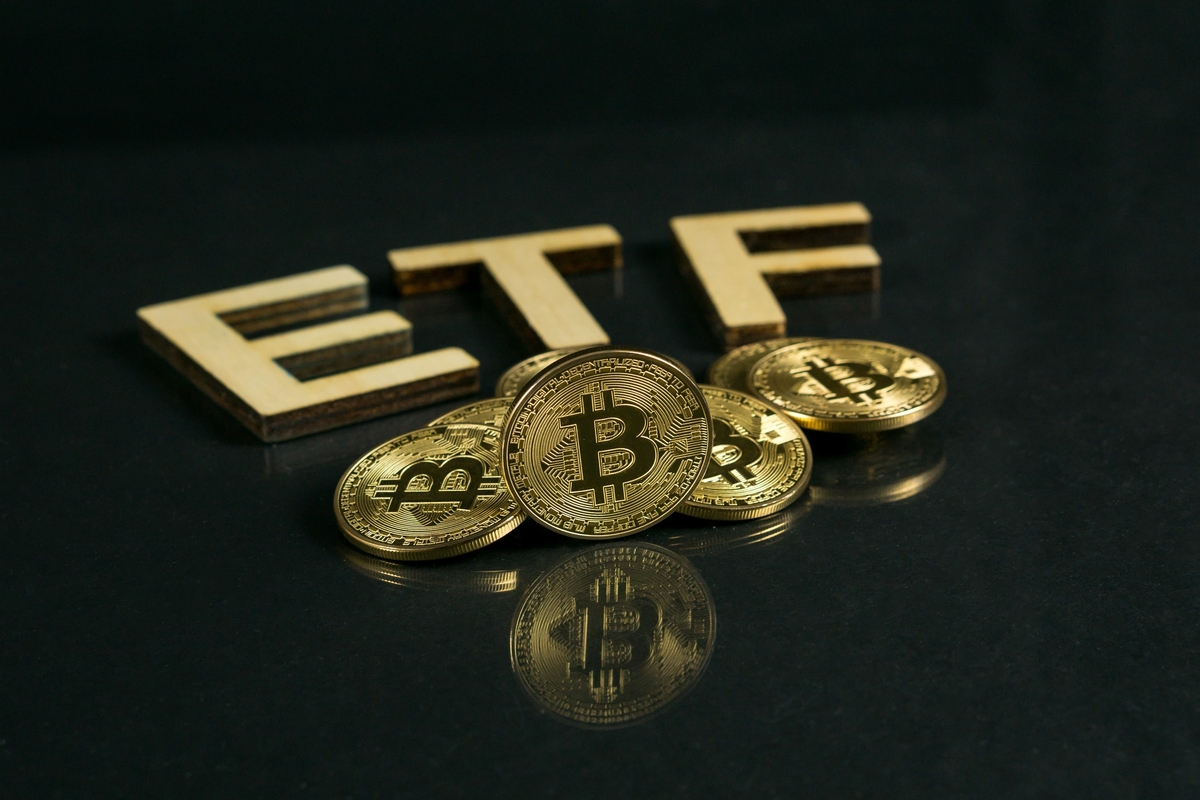Key Factors Shaping the Future of Bitcoin ETFs
09.02.2025 20:00 1 min. read Alexander Zdravkov
Binance CEO Richard Teng emphasized the crucial role that institutional investors and regulatory advancements play in the growing adoption of cryptocurrencies.
The U.S. spot Bitcoin exchange-traded funds (ETFs) have seen impressive success, generating $44.2 billion in their first year since launching in January 2024.
By January 2025, nearly $5 billion had been poured into Bitcoin ETFs, showcasing strong investor confidence even with high Bitcoin prices. This surge led experts like Bitwise investment’s Matt Hougan to predict over $50 billion in Bitcoin ETF inflows by the end of 2025.
Teng highlighted that evolving regulations and increasing institutional participation are strengthening the digital asset sector, making it an integral part of the global financial system.
A Binance report from October 2024 revealed that retail investors make up about 80% of Bitcoin ETF demand, with many shifting funds from digital wallets and centralized exchanges into ETFs for added regulatory safety.
While retail interest remains dominant, institutional engagement, particularly from investment advisers and hedge funds, is steadily increasing, further solidifying the market’s future potential.
Despite this progress, some community members have called for true decentralization to ensure individual financial sovereignty, especially as interest in futures trading wanes. Meanwhile, in a surprising move, Trump Media and Technology Group filed for trademarks related to Bitcoin ETFs and SMAs, signaling broader interest in crypto-related financial products.
-
1
Top Crypto Trends Dominating Discussions This Week
15.07.2025 17:30 2 min. read -
2
Bitcoin Price Hits Record Highs as Exchange Balances Plunge
12.07.2025 19:00 2 min. read -
3
Robert Kiyosaki Reacts to Bitcoin’s Surge Past $120K: “I’m Buying One More”
14.07.2025 17:00 1 min. read -
4
Has BTC Topped? Key Signals Suggest The Rally isn’t Over
15.07.2025 21:00 2 min. read -
5
Over $5.8 Billion in Ethereum and Bitcoin Options Expired Today: What to Expect?
18.07.2025 16:00 2 min. read
Bitcoin Stalls Below $120K as Markets Signal Late-Cycle Fatigue, Says QCP Capital
Bitcoin is treading water near the $120,000 resistance, with persistent bids around $116,000 offering a firm base—but failing to ignite fresh upside momentum.
Strategy Adds 21,021 Bitcoin at $117,000, Pushing Total Holdings Past $46 Billion
Michael Saylor, executive chairman of Strategy, has revealed that the company has acquired an additional 21,021 Bitcoin for approximately $2.46 billion, paying an average price of $117,256 per BTC.
Bitcoin Funding Rates Stay Elevated—Rally Ahead or Shakeout Coming?
As Bitcoin continues to consolidate above $100K, a critical market signal is flashing: BTC funding rates remain elevated, even as price action cools.
Billionaire Ray Dalio Revealed What his Portfolio Says About the Future of mMoney
Billionaire investor Ray Dalio, founder of Bridgewater Associates, has suggested that a balanced investment portfolio should include up to 15% allocation to gold or Bitcoin, though he remains personally more inclined toward the traditional asset.
-
1
Top Crypto Trends Dominating Discussions This Week
15.07.2025 17:30 2 min. read -
2
Bitcoin Price Hits Record Highs as Exchange Balances Plunge
12.07.2025 19:00 2 min. read -
3
Robert Kiyosaki Reacts to Bitcoin’s Surge Past $120K: “I’m Buying One More”
14.07.2025 17:00 1 min. read -
4
Has BTC Topped? Key Signals Suggest The Rally isn’t Over
15.07.2025 21:00 2 min. read -
5
Over $5.8 Billion in Ethereum and Bitcoin Options Expired Today: What to Expect?
18.07.2025 16:00 2 min. read

